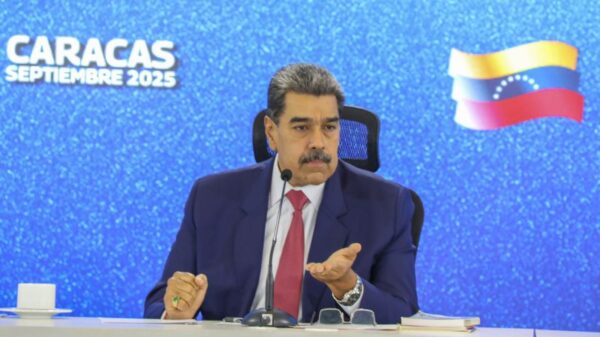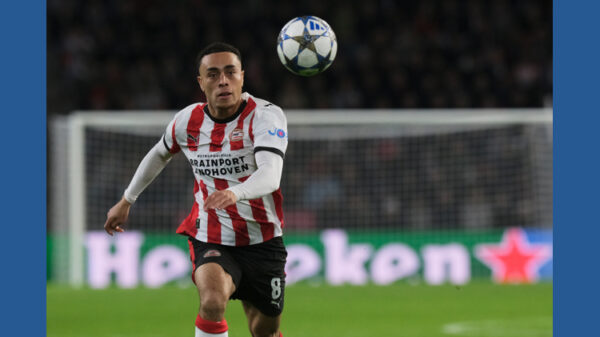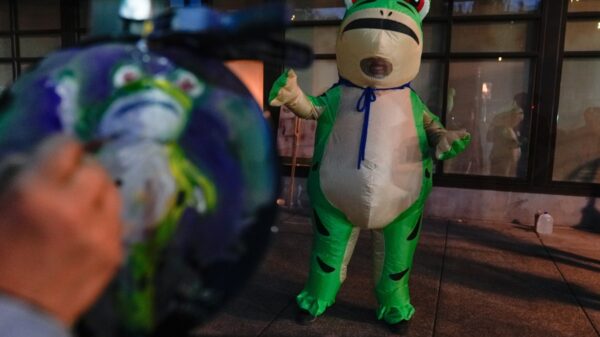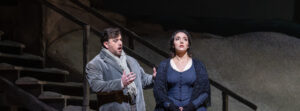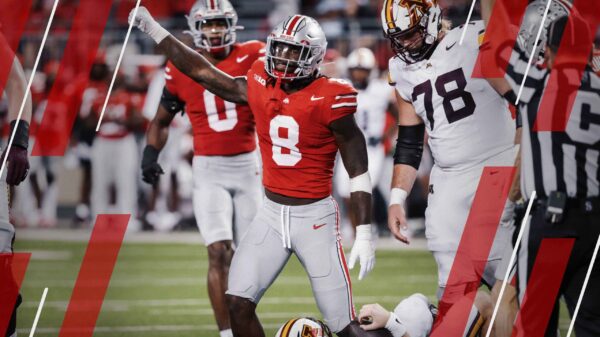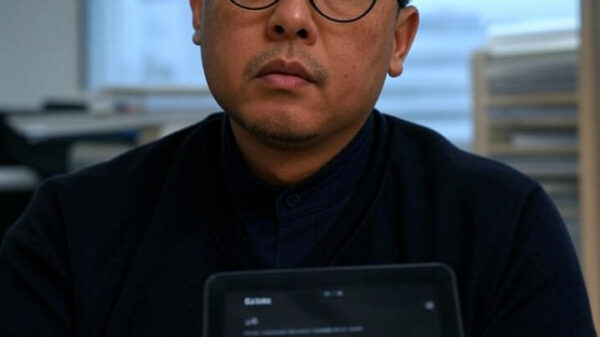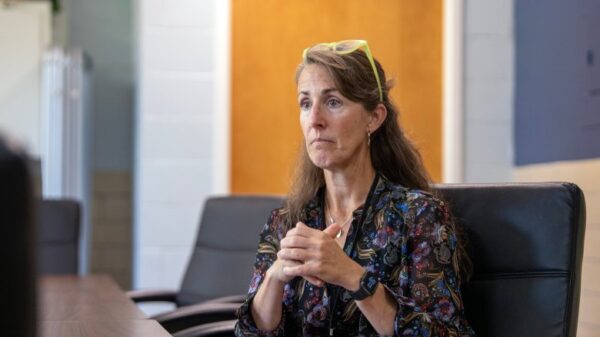The Metropolitan Opera’s revival of Puccini’s “La Bohème,” which premiered on October 21, 2025, showcased a remarkable cast that reinvigorated Franco Zeffirelli’s iconic production. This longstanding favorite has captivated audiences since its debut in 1981, and this latest rendition promises to leave a lasting impression due to its standout performances.
At the heart of “La Bohème” is the poignant love story between Mimi and Rodolfo. This production featured two exceptional talents: Juliana Grigoryan as Mimi and Freddie De Tommaso as Rodolfo. Grigoryan’s portrayal captivated from her first entrance, where her nuanced interpretation brought depth to Mimi’s character. Her initial interactions with Rodolfo were marked by subtlety, demonstrating a hesitance that lent authenticity to her performance.
The chemistry between Grigoryan and De Tommaso was evident throughout the opera. Grigoryan’s voice showcased a refreshing evenness, with her soprano effortlessly soaring above the orchestra. Particularly during the aria “Si. Mi chiamano Mimi,” she captivated the audience with a delicate yet powerful delivery, allowing her vulnerability to shine through. Her rendition of “D’onde lieta usci al tuo grido” was particularly moving, revealing her character’s emotional struggles with both fragility and strength.
De Tommaso’s portrayal of Rodolfo presented a compelling evolution throughout the evening. Despite a somewhat rocky start, where he appeared to grapple with the tempo during “Nei cieli bigi,” he soon found his footing and displayed polished diction. The chemistry with Grigoryan blossomed during their duet, “Che gelida manina,” where his emotional expressiveness resonated deeply. This performance illustrated his ability to embody Rodolfo’s whimsical nature while navigating the character’s darker moments with genuine intensity.
Supporting Cast Enhances the Experience
In addition to the lead performances, the supporting cast added richness to the production. Heidi Stober as Musetta delivered a vibrant and playful performance, balancing her character’s flirtatious nature with moments of vulnerability. Stober’s interpretation of “Quando m’en vo” was particularly striking, with her fluid vocal lines and dynamic stage presence creating a memorable highlight.
Lucas Meachem as Marcello offered a layered portrayal, skillfully navigating the character’s playful and serious sides. His interactions with both Musetta and the central couple added depth to the narrative, particularly during poignant moments of conflict and reconciliation.
Musical Direction and Challenges
Conducted by Keri-Lynn Wilson, the orchestra faced challenges in balancing the ensemble with the vocalists. While the musicianship was commendable, there were instances where the orchestra overshadowed the singers, particularly during solo arias. The conductor struggled to synchronize tempo with the soloists, which affected the overall cohesion of the performance.
Despite these challenges, the production benefited from the strong individual performances of the cast, suggesting a promising future for this revival. The overall experience of “La Bohème” at the Metropolitan Opera not only celebrated the richness of Puccini’s score but also highlighted the talents of its cast, making it a noteworthy addition to the opera’s storied legacy.
The audience’s enthusiastic response underscored the effectiveness of this revival, as it successfully brought together a talented ensemble that breathed new life into a timeless classic.




